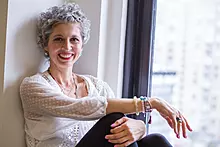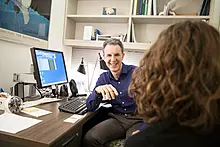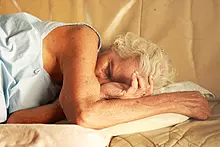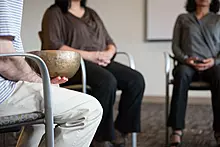
Today’s blog post comes from Chiara D’Agostino, who writes at Beauty Through the Beast about her experience with breast cancer and how it’s affected different facets of her life. Here, she muses upon how a breast cancer diagnosis often coincides with the end of a relationship, combining her own story with a wealth of research and advice for others. You can read a longer version of this piece on her blog.









